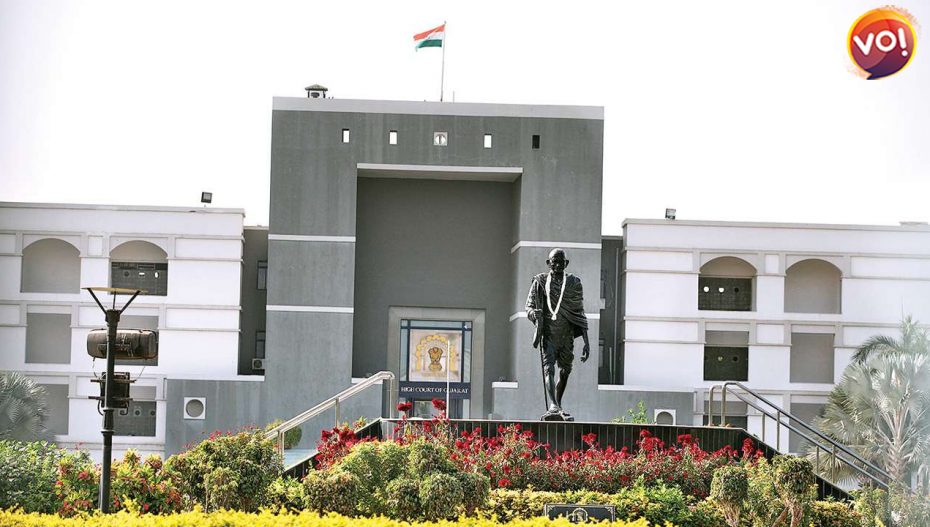The Gujarat High Court while hearing an appeal against a judgment of conviction and sentence to undergo life imprisonment, observed that a chain of circumstantial evidence becomes cogent evidence while convicting a man under section 302 IPC for murder.
The court relied on the major finding that the prosecution witness (PW) 3 who is a neighbour and who was sleeping near the cot of the deceased had found the accused near the cot with the weapon Dharia. The major allegation against the accused was that he attacked the deceased person with whom he had a past rivalry with a dharia and the injuries caused because of the attack led to the victim’s death.
“We are of the view that the prosecution has proved the said discovery of the weapon. Blood stains were also found on the weapon. From the Serology Report produced at Exh.26 it is revealed that the blood group of the deceased was found from the weapon which was discovered at the instance of the appellant“, the division bench of Justices Vipul Pacholi and Rajendra Sareen said.
The bench highlighted the case of Digamber Vaishnav vs. State of Chhattisgarh to reiterate the basis of the principle that conviction on grounds of circumstantial evidence can be sustained. The High Court emphasised the three conditions thusly:
- The circumstances from which an inference of guilt is sought to be drawn, must be cogently and firmly established.
- The circumstances should unerringly point towards the guilt of the accused.
- The circumstances, taken cumulatively, should form a chain so complete that there is no escape from that the conclusion that the accused is guilty.
The prosecution proved the circumstantial evidence against the accused that he had used abusive language and threatened the family members of the deceased specifically stating once that one of the brothers of the family will be killed. This was confirmed by the PW 6 who heard the abusive language of the accused. Further, the accused was also seen near the cot of the deceased with the weapon which was not found in the open place and was in possession of the accused within his knowledge. Then the eyewitness PW 3 saw the accused with the weapon and the doctor confirmed that the injuries happened possibly from a weapon akin to the Dharia.
The Court stated that the accused, who quarrelled with the deceased the previous day and dispensed threats, had a “motive” for the commission of the alleged offence. It observed, “This Court is of the view the prosecution has proved the case against the appellant beyond a reasonable doubt. The motive of the appellant-accused is also established by leading cogent evidence and the chain of circumstantial evidence is also complete.“
Read: Gujarat Man Gets Death Penalty For Sodomising And Murdering 8-Year Old












